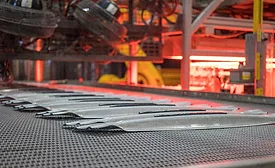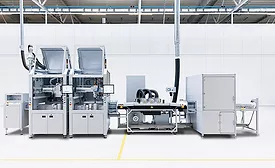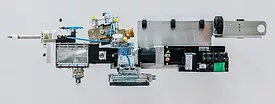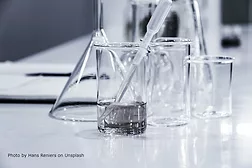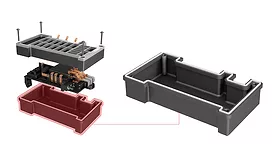Home » Keywords: » sealants in automotive
Items Tagged with 'sealants in automotive'
ARTICLES
Sealing Cell Module Controllers with the CIPG Process
During the production of battery sensors, highly viscous liquid sealants are used to protect these sensitive electronic components from external influences and temperature-related stress and physical shock and vibrations.
October 15, 2024
Adhesives and Sealants Unique Properties in Electronics Under the EU Ecodesign Regulation
The proposal for a new EU Ecodesign Regulation is relevant to adhesives and sealants because it involves regulatory standards for product where adhesives and sealants play an important role.
July 29, 2024
Adhesives in the Regulation of End-of-Life Vehicles
The explicit and generalized mention of adhesives as an impediment to the dismantling and recycling in the ELV regulation proposal is inaccurate.
February 26, 2024
Keep the info flowing with our newsletters!
Get the latest industry updates tailored your way.
JOIN TODAY!Copyright ©2026. All Rights Reserved BNP Media.
Design, CMS, Hosting & Web Development :: ePublishing


